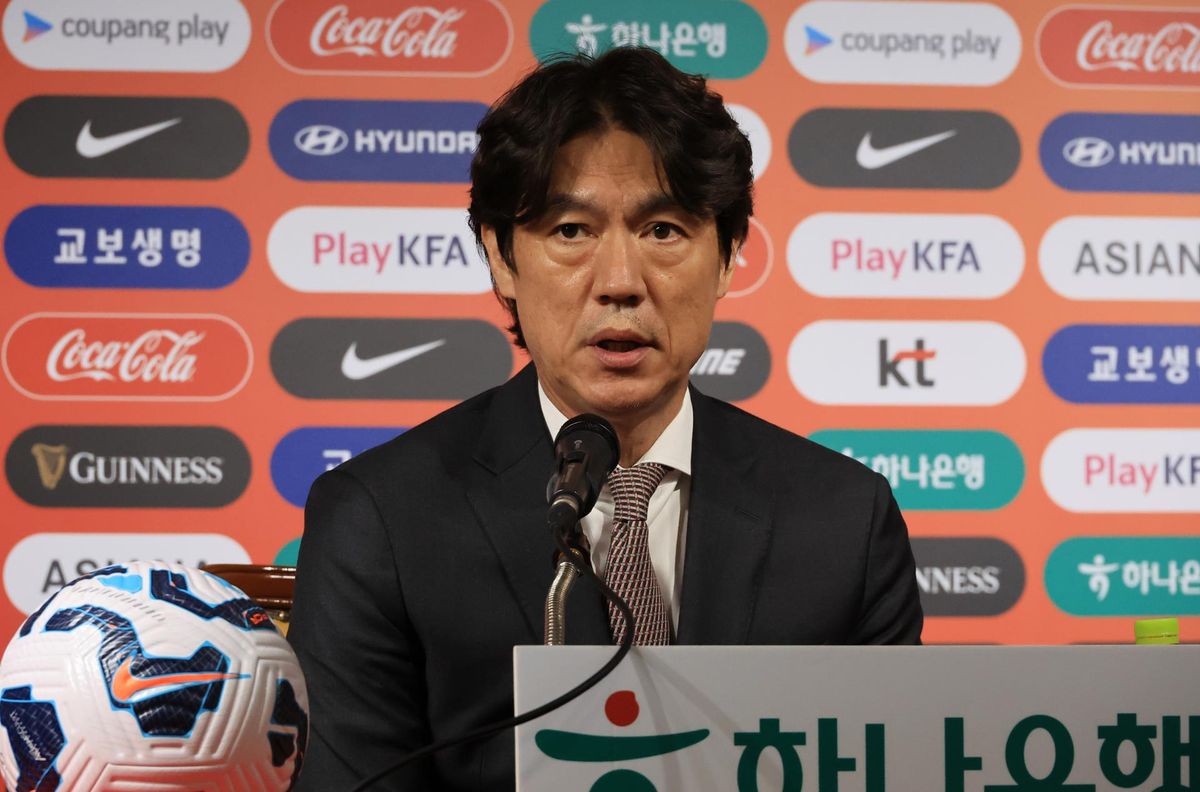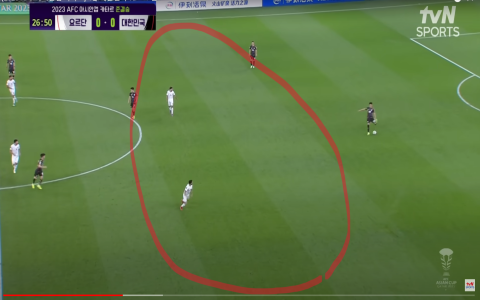# Introduction to the Korea National Football Team
The korea national football team, commonly recognized as the Taegeuk Warriors, stands out as one of Asia’s most storied and competitive national teams. Ever wondered what makes this team a powerhouse in the Asian football scene and why global fans watch their progress so closely? Let’s dive deep into their history, tactics, famous moments, and the factors that set South Korea’s squad apart from the rest.
# The History and Legacy of the Korea National Football Team
Founded in 1948, the korea national football team has built a legacy of consistency and achievement. Their first FIFA World Cup appearance came in 1954. Since then, South Korea has qualified for ten consecutive World Cups, making them the only Asian nation to achieve this remarkable milestone. According to FIFA statistics, they reached their peak global fame in 2002 by finishing fourth in the World Cup, a mind-blowing surprise for the football universe (source: FIFA.com). This event electrified the nation and inspired a new wave of football enthusiasts.
# Major Achievements: How the Taegeuk Warriors Became Asian Icons
Curious about what fuels such a devoted fan base? Besides their World Cup spectacle, the korea national football team has also captured gold in the Asian Games several times, and they’re regular contenders in the AFC Asian Cup. In fact, they won the Asian Cup twice (1956, 1960) and secured silver five times. That’s consistency at its best.
Let’s put things in perspective with a quick comparison against another Asian giant:
| Criteria | Korea National Football Team | Japan National Football Team |
|---|---|---|
| World Cup Appearances | 11 | 7 |
| Best World Cup Finish | 4th place (2002) | Round of 16 |
| Asian Cup Titles | 2 | 4 |
| AFC Rankings (2023) | 3rd | 1st |
As you can see, both teams are giants, but the korean national football team’s World Cup run remains unrivaled in Asian football history.
# Core Strategies and Iconic Playing Styles
Let’s switch gears. What tactical secrets make the korea national football team so tricky to beat? Veteran coaches like Guus Hiddink and Paulo Bento have built strategies focused on relentless pressing, explosive counter-attacks, and rapid transitions. South Korean players are renowned for their stamina and discipline—a product of a rigorous domestic K League and strict youth training systems.

Take, for example, their famous 2002 home World Cup squad. The team’s ability to neutralize top-tier opponents like Italy and Spain came from organized defending, speedy wingers, and ultra-fit midfielders (source: ESPN.com).
# Star Players Who Shaped South Korea’s Football Success
Any talk about the korea national football team would be incomplete without their star players. Legends like Park Ji-sung, nicknamed “Three-Lung Park” due to his work rate, opened the doors for Korean talent in Europe, playing at Manchester United. The latest sensation is Son Heung-min, a prolific forward at Tottenham Hotspur, who became the first Asian to win the Premier League Golden Boot.
So, what traits do these athletes share? Grit, adaptability, and a burning desire to represent their country on the world’s biggest stage.
# Step-By-Step Guide: How to Become a Korea National Football Team Superfan
If you want to follow the korea national football team in style, here’s a straightforward action plan:
1. Research major tournaments (World Cup, Asian Cup) and mark Korea’s fixtures.
2. Learn the player roster, focusing on stars like Son Heung-min and rising talents.
3. Engage with fan communities on platforms such as Reddit, Naver, or Twitter.
4. Stream matches on official broadcasters (e.g., KBS, SBS) to watch games live.
5. Collect official team merchandise to show support.
By following these steps, you become more than just a viewer—you become part of a passionate movement.
# Common Misconceptions About the Korea National Football Team
WARNING: Many fans believe that South Korea only performs well when playing at home or that their 2002 achievements were solely due to referee controversy. Both claims miss the bigger picture. The current squad has proved their competitiveness on neutral grounds, qualifying for multiple World Cups and registering wins in Europe and Asia alike.
# Challenges Facing the Korea National Football Team Today
Despite their legacy, the team faces ongoing trials. Increased competition from Japan, Australia, and Middle Eastern nations in the Asian Football Confederation demands constant tactical evolution. There’s also the struggle to nurture fresh talent for future generations, especially as European clubs sign away Korea’s brightest stars at a young age.
According to my experience managing football analytics, the Korea national football team must now balance global exposure with homegrown development to remain relevant. Surprisingly, the K League’s recent reforms have begun to deliver more competitive youth players to the senior team.
# Future Prospects and What Fans Can Expect
Looking ahead, what’s next? The korea national football team’s roadmap involves bridging young domestic talent with international experience. Watching how coach Jürgen Klinsmann combines a new tactical vision with traditional Korean work ethic will be key. Based on recent friendlies and qualifiers, this team could soon reclaim a top spot in Asia—and potentially surprise the world again.
# Final Checklist: Become an Expert on the Korea National Football Team
– Follow official Korea Football Association news updates
– Watch at least one historical match (2002 World Cup recommended)
– Memorize key players and positions
– Join a local or online Korea football fan group
– Track the team’s upcoming fixtures and results
– Learn the words to “Aegukga,” the national anthem
– Identify the club teams of current national stars
– Read up on Korean football tactics from both local and international sources
By taking these steps, you’ll know the korea national football team inside out and be ready to impress any fellow football enthusiast—whether at home or abroad.



















